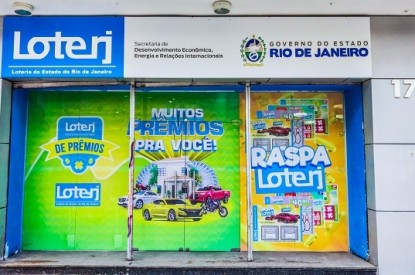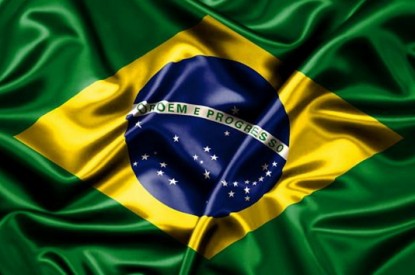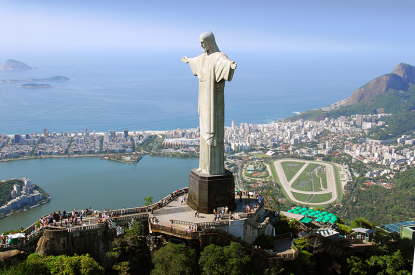Legislation
Brazil – Rio de Janeiro lottery dispute could end up in Supreme Court
By James - 9 April 2024
On Friday (5th April) the Rio de Janeiro Lottery (Loterj) decided not to respond to a request from the Ministry of Finance regarding the issue of offering sports betting outside of state borders.
According to local press the issue could as a result end up in Brazil’s Supreme Court (STF). Loterj has authorized four online betting platforms to operate across Brazil, Apostau.com, Bestbet, Marjosports, and PixBet, sparking controversy within the Ministry of Finance. Four more licences are being processed: 1xBet, Lema, Laguna and Caesars Sportbook/Big Brazil.
Crucially Rio de Janeiro has not imposed any geographical restrictions on these licensed sites, enabling them to operate nationwide.
In a formal notification sent last month, the economic team requested that the Rio de Janeiro agency amend the bidding notice. The requirement is that the principle of territoriality be respected, meaning that the operation remains restricted to bettors located within the state.
Loterj, however, refutes the arguments put forward by the Ministry of Finance arguing that its own lottery notice published in April 2023 predates the issuance of the Provisional Measure (MP) that provided guidelines for sports betting at the national level.
Loterj also argues that it has sought to adapt regulations and to ensure that operations are carried out according to Rio de Janeiro legislation.
In September 2020, the Supreme Court of Brazil (STF) ruled that the federal government’s lottery monopoly was unconstitutional, paving the way for states to develop state lotteries for each of Brazil’s 26 states and one federal district as long as they complied with federal regulations. Sports betting was categorized as “sports lotteries’ in 2018 via Law No. 13,756 which was signed by then President of Brazil, Michel Temer in 2018. It legalised sports betting on a federal level although regulations weren’t put in place over the industry until now.
The STF decision meant that states could begin to roll out their own lottery products within their own state borders including sports betting.
Earlier this month Loterj released an official statement in response to The Brazilian Institute of Responsible Gaming (IBJR). The IBJR issued a statement outlining its stance regarding the regarding the recent conflict involving the Ministry of Finance and Loterj.
The IBJR criticised the actions of Loterj in a statement saying that: “Requiring bettors to declare that their bet is placed in the State of Rio de Janeiro, regardless of their domicile or actual location, makes no logical or legal sense.”
However Loterj responded arguing that its actions are entirely within the scope of the powers granted to it by the Supreme Court:
“The Brazilian Institute of Responsible Gambling is mistaken in its criticism of Loterj, especially regarding the accreditation of online sports betting operations, as the State of Rio de Janeiro has taken the lead and already has a legal regulatory framework, unlike the Union, which has not yet regulated the form of exploitation of legally established modalities.
“Regarding the possibility for states to accredit and define the mode of operation of companies, the Institute itself acknowledges that the Supreme Federal Court (STF) recognized the competence of the States and the Federal District to exploit lotteries, characterized as a public service.”
Loterj went on to argue that:
“The sale of products of the Rio de Janeiro State Lottery – Loterj, within the scope of accreditation for the exploitation of a public service through the Internet, does not exceed the territorial competence limit of the Agency, especially because, in the case of a virtual service modality, there is no trespass of the state limit, with the activity being entirely concentrated in the territory of Rio de Janeiro.”




